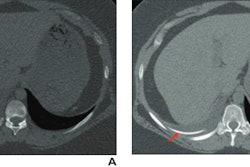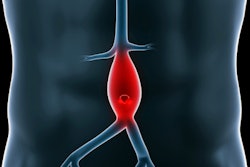The RSNA and the Medical Image Computing and Computer Assisted Intervention (MICCAI) Society have published a special report on how best to deploy AI tools into clinical radiology practice.
In an article published July 10 in Radiology: Artificial Intelligence, leading RSNA and MICCAI experts offered their perspectives on the clinical, cultural, computational, and regulatory considerations essential to adopting AI technology successfully in radiology.
“AI tools can play a key role in radiology, but radiologists must be able to trust in the systems’ design and receive adequate training. As the physicians most familiar with these tools, radiologists should establish clear guidelines regarding clinical accountability,” said lead author Marius Linguraru, PhD, of George Washington University in Washington, DC, in a news release from RSNA.
In the article, multidisciplinary experts in radiology, medical imaging, and machine learning discuss the current clinical penetration of AI technology in radiology, and how it is impacted by trust, reproducibility, explainability, and accountability.
The article addresses clinical considerations such as data sharing, annotation, bias, and model performance of deploying AI in radiology practice, as well as explores cultural considerations, including volumetrics, outcome prediction, human-machine interaction, and trust and accountability. Ultimately, the authors predict that training radiologists to work with AI tools will become routine, RSNA said.
Full access to the article can be found here.



















